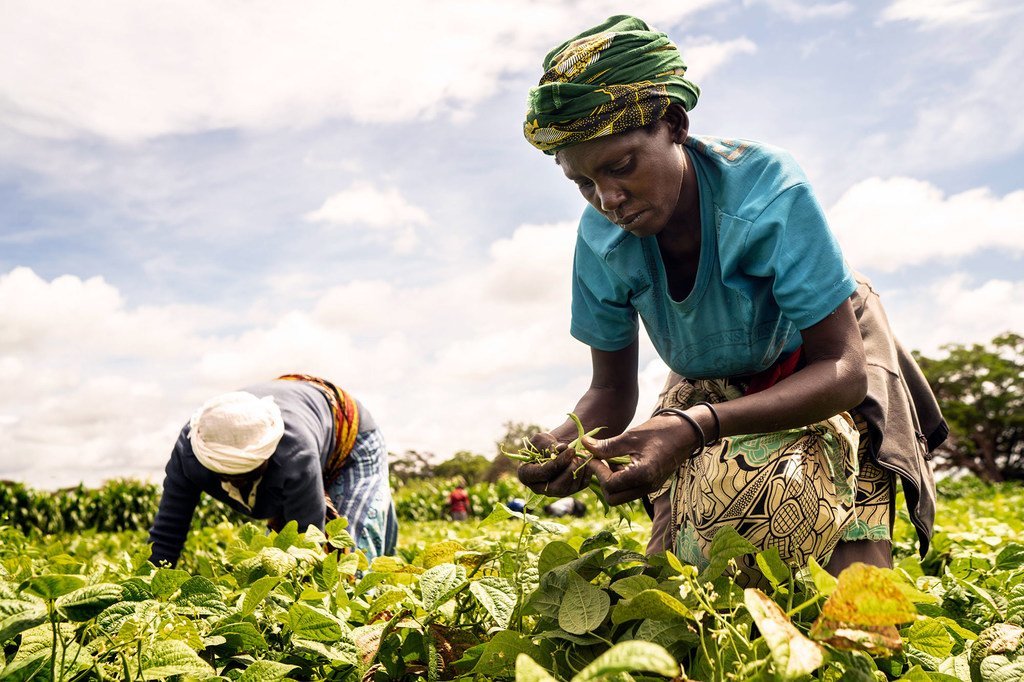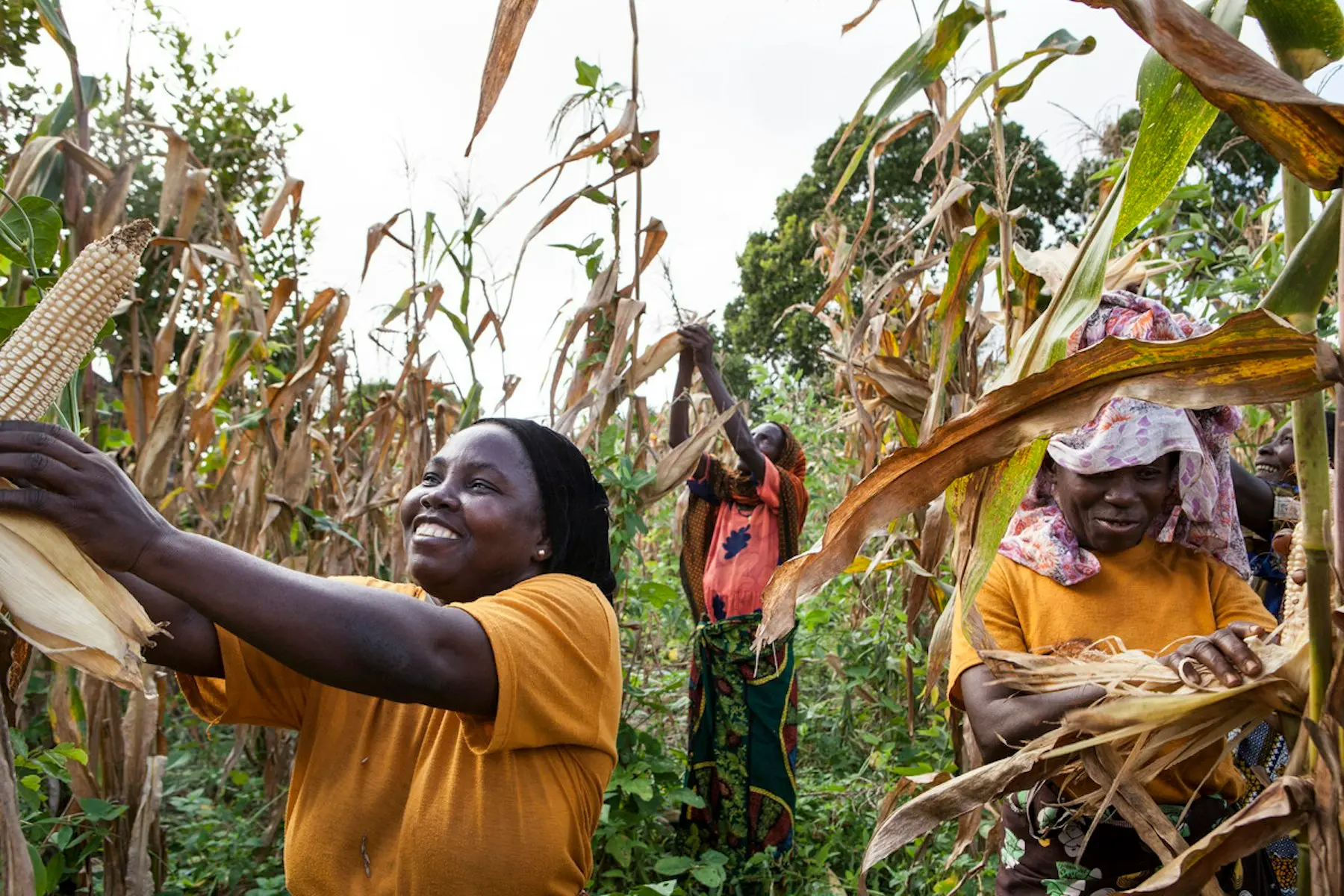

Concepts and Definitions
According to WHO, nutrition is food intake that meets the needs of the body. Good nutrition - that is, a well-balanced diet - and regular exercise are all guarantees of good health. Poor nutrition can lead to impaired immunity, increased susceptibility to disease, retarded physical and mental development, and decreased productivity The WHO (World Health Organization) defines malnutrition as "the cellular imbalance between the source of nutrients and energy and the body's requirements for growth, maintenance and specific functions".

Sahel countries and West Africa
Guinea-Bissau
Guinea-Bissau maintained a relatively consistent economic growth rate during the period 1980-2009 and shows an increase in growth over the last decade.
